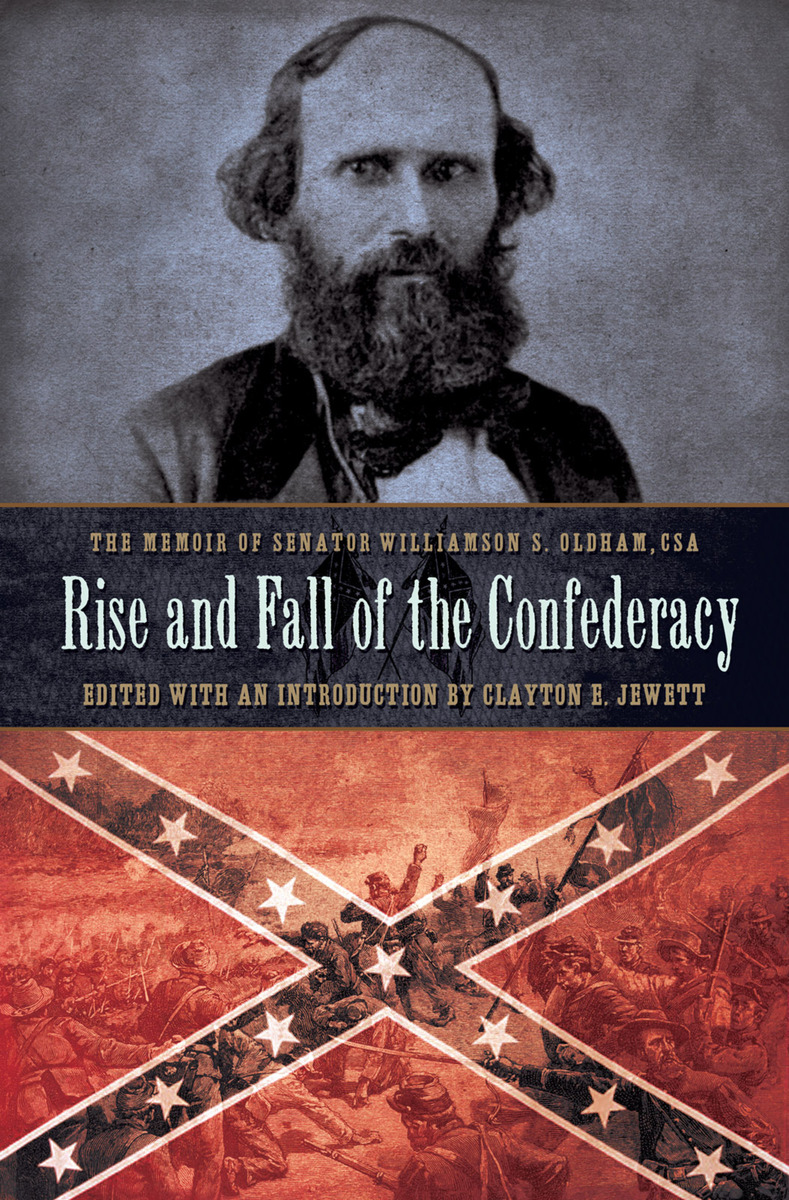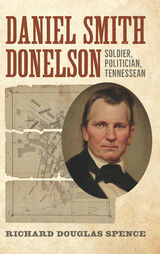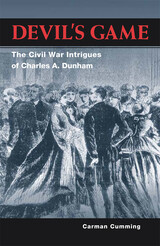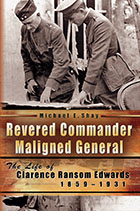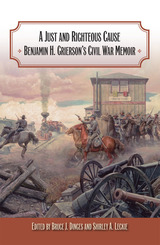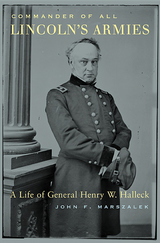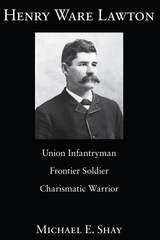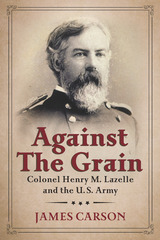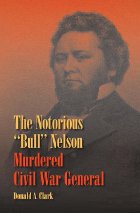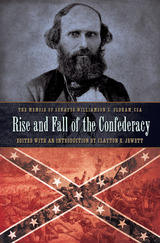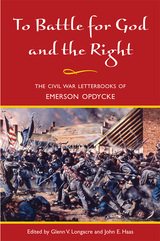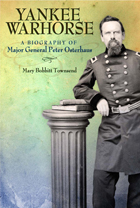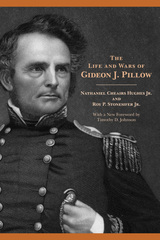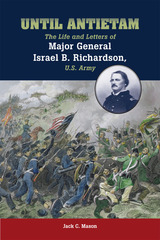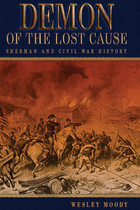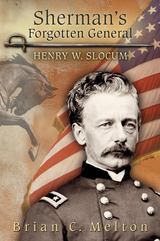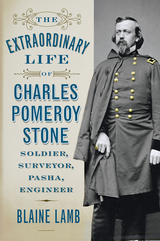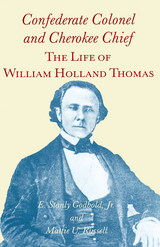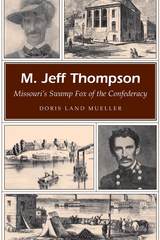Rise and Fall of the Confederacy: The Memoir of Senator Williamson S. Oldham, CSA
University of Missouri Press, 2006
eISBN: 978-0-8262-6551-7 | Cloth: 978-0-8262-1685-4
Library of Congress Classification E467.1.O44A3 2006
Dewey Decimal Classification 973.713092
eISBN: 978-0-8262-6551-7 | Cloth: 978-0-8262-1685-4
Library of Congress Classification E467.1.O44A3 2006
Dewey Decimal Classification 973.713092
ABOUT THIS BOOK | AUTHOR BIOGRAPHY | REVIEWS | TOC
ABOUT THIS BOOK
Williamson S. Oldham was a shrewd and candid observer of the Civil War scene. Representing the always contrary and suspicious Texans in the Confederate Senate, he was a major opponent of President Jefferson Davis and spoke out vehemently against conscription—which he considered an abusive violation of individual rights—and against military interference in the cotton trade.
Oldham’s memoir provides a firsthand look at the Civil War from the perspective of a government insider. In it, he sheds light on such topics as military strategy, foreign relations, taxes, and conflicts between state officials and the Confederate government. Perhaps more important, his travels between Texas and Richmond—both during and after the war—allowed him to observe the many changes taking place in the South, and he made note of both the general sentiment of citizens and the effect of political and military measures on the country.
Throughout the memoir, Oldham consistently stresses the centrality of politics to a society and the necessity of legislating for the will of the people even in times of war. In assessing the Confederacy’s defeat, he points not to military causes but to Congress’s giving in to the will of the president and military leaders rather than ruling for and representing the people.
Clayton E. Jewett has edited and annotated Oldham’s memoir to produce the only fully edited publication of this important document, significantly expanded here over any version previously published. His introduction helps clarify Oldham’s position on many of the topics he discusses, making the memoir accessible to scholar and Civil War buff alike, while his annotations reflect his deep knowledge of the intrigue of wartime political life in both Texas and Richmond.
Oldham’s memoir offers important new insight into not only political leadership and conflicts in a young nation but also the question of why the South lost the Civil War, dispelling many myths about the defeat and bolstering interpretations of the Confederacy’s decline that point more to political than to military causes. Rise and Fall of the Confederacy is one of the major political and social documents of the Confederacy and will be a boon to all scholars of the Civil War era.
See other books on: Campaigns | Confederate States of America | Confederate States of America. Army | Fall | Legislators
See other titles from University of Missouri Press
